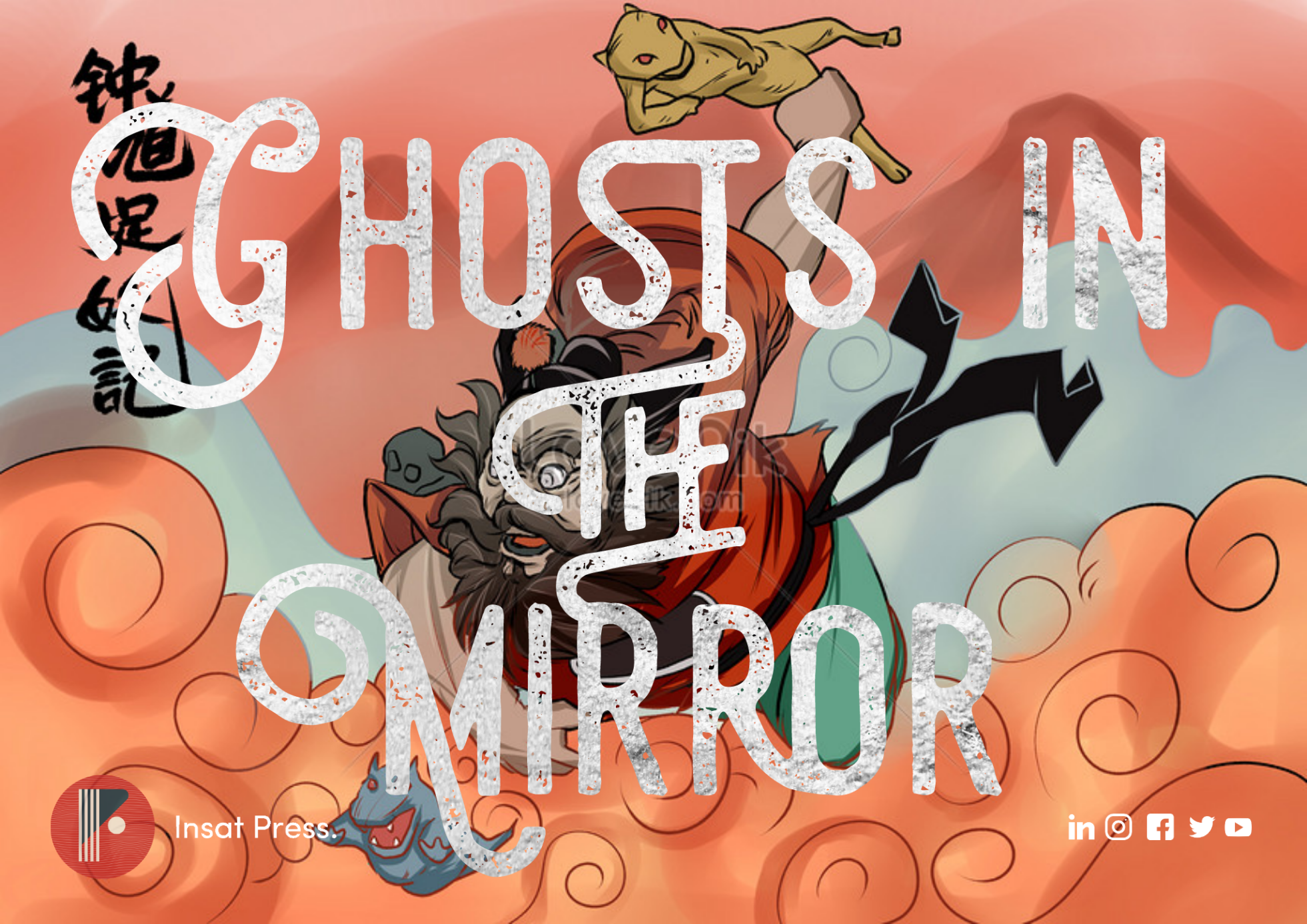“What’s the meaning of life?”
A question that we all have pondered over. Yet, there seems to be no clear answer, or at least, no definite one.
The meaning of life is a long-standing subject of philosophical inquiry. While some nihilists and pessimists deem it as an impossible equation to solve – concluding that life is meaningless and one should grow indifferent towards it–, many other philosophers spent most of their lives searching for ‘The answer’, only to arrive at drastically different conclusions. It’s as if the answer refuses to be found, yet the urge to ask the same question remains.
This conflict between humanity’s desire for meaning and the universe’s indifference is what Albert Camus called The Absurd. This absurdity arises from humanity’s restlessness, always asking “Why?” despite the clear lack of answers. So, instead of hopping on this endless search, Camus decided to change the question altogether.
“We must ask: is it possible to live without appeal?”
His answer was yes, arguing that we should not let ourselves search in vain for the meaning of life, but rather, let go of it entirely.
However, grasping such a concept is not an easy task. For how can you ask someone to accept letting go of the only thing that fuels their existence and gives sense to it?
Well, Absurdism dares to argue that acceptance is what will eventually lead to liberation.
When one is going through an existential crisis, Albert Camus proposes 3 solutions:
Solution 1: You run, in a metaphorical sense, by finding meaning in things or concepts that bring you peace and solace such as religion, moral values, principles, and guidelines…. However, this can be considered as philosophical suicide, because you are running away from the problem instead of confronting the possibility of failing at solving its very question. Escapism can never be the answer, especially when these external sources may not resonate with everyone.
Solution 2: You put an end to your life (Do not recommend).
Solution 3: You accept that there is no answer, that life is indeed meaningless, yet, still worth living. You simply move on.
The core of Absurdism aims to end one’s futile suffering and push people into embracing life despite the lack of inherent meaning. Giving up on finding ‘The answer’ will definitely be more challenging than the pursuit of discovering it but the consequences will be way less daunting. Here, one can notice that Absurdism and Stoicism meet. Both philosophies encourage people to accept what one can not control without deeming it as a failure but rather as a strength. You can only suffer if you choose to. It all boils down to a matter of choice at the end. What you give importance to will eventually affect you positively or negatively and it is your responsibility to choose well.
Perhaps, to better understand The Absurd one should take a look at the Greek myth of Sisyphus: A former king condemned by the gods to push a boulder uphill for all eternity only to watch it roll back down again once he reaches the hill’s summit. Sisyphus’s punishment is the perfect analogy to humanity’s unending search for meaning. For what’s more absurd than repeating a futile task to pursue a goal that can never be achieved?
Through his studies of this myth, Camus has come to one important and radical conclusion:
“One must imagine Sisyphus happy.”
But, happy in what sense?
How can someone be truly happy if their whole life is reduced to consecutive failures?
Doesn’t true happiness lie in achieving goals? What’s the point of any of this?
Well, for once, we have an answer:
Perhaps happiness is found in the uncertainty of it all.
Sure, for Sisyphus pushing a rock up a hill over and over again must be exhausting. But did you ever wonder if he grows to enjoy it over time? If all that eternal meaningless labor becomes an art of his own?
Camus likes to imagine Sisyphus smiling every time the rock rolls down the hill, for amid all that absurdity, the Greek king has found meaning: To revolt by making his punishment self-justifying.
Sisyphus fully accepts his situation and hence, he allows himself to give it his all by living with passion, even if that passion consists of pushing a ridiculously heavy rock forever (to each their own, no judgment).
Now, how can we apply Absurdism to our daily lives?
First, it’s vital to take everything with a grain of salt. Philosophy is made to aid humans during their journeys on earth, not to further complicate it. Hence, dearest reader, it is you who decides what to take and what to reject from every proposed belief. For theoretically, the idea of remaining indifferent in the face of meaninglessness can seem doable. But in reality, it’s easier said than done. One must admit that at times staring into the absurdity of life without succumbing to despair or trying to claw meaning out of the leftover pieces can seem impossible. Yet, spending the rest of our lives anxiously clinging to questions and participating in a cyclic race with no view of the finish line is also self-destructive. So, I personally believe that a balanced approach is the answer.
Living authentically, finding joy within the struggle, and embracing the chaos of it all are valuable principles that any absurdist stands for. Not knowing which path to take or what decision to make, and feeling constantly lost and adrift, are inevitable human experiences that each one of us went through at least once in his life. What matters the most is actively choosing to seize the suffering of desperately holding on to the ‘perfect’, whether it is the perfect career, the perfect relationship, the perfect life, or even the perfect lunch. Within hardship, the act of pushing through itself will become the meaning. Constantly worrying about the outcome and isolating oneself from the joys of the world will only bring despair and recurrent dissatisfaction. In that case, life will simply pass you by and you’ll only be a spectator.
In the end, meaning is not found but rather created. And if Sisyphus, a former king who’s condemned to spend the rest of eternity pushing a rock up and down a hill, has found happiness, then so can you.
Written By : Fatma Ben Romdhane.




Share your thoughts